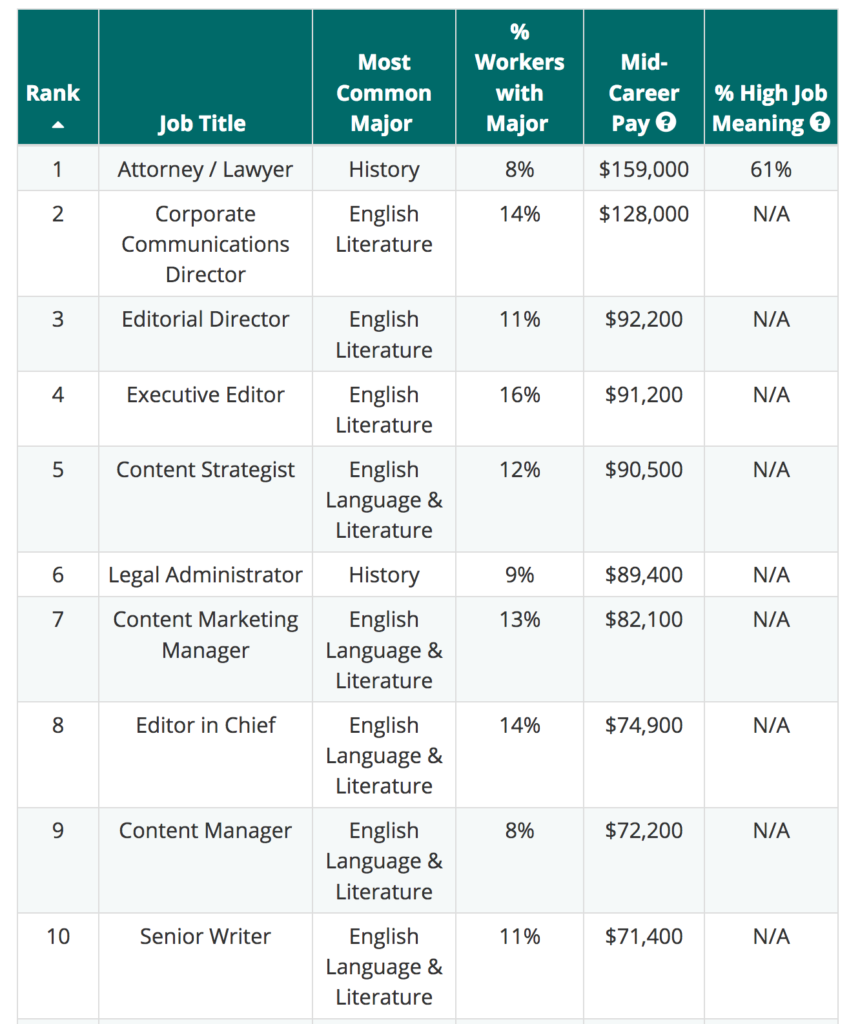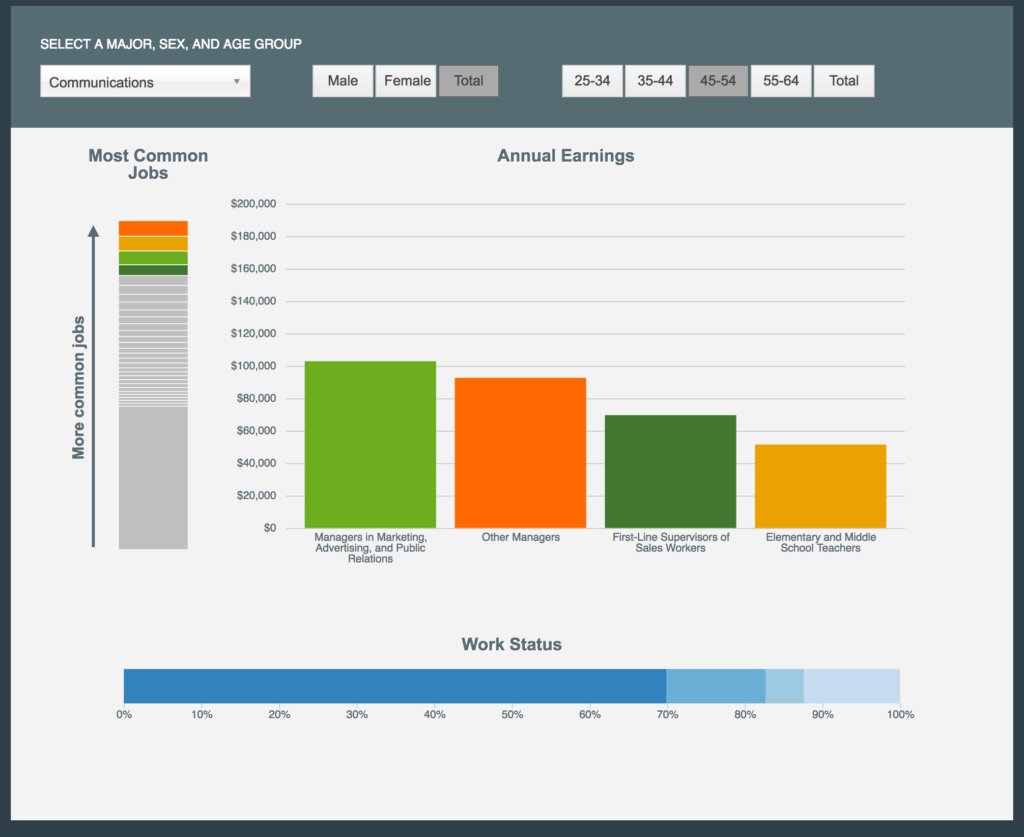“In other words, in the structure of the commodity-form it is possible to
find the transcendental subject: the commodity-form articulates in
advance the anatomy, the skeleton of the Kantian transcendental subject
– that is, the network of transcendental categories which constitute the a
priori frame of’objective’ scientific knowledge. Herein lies the paradox of
the commodity-form: it – this inner-worldly, ‘pathological’ (in the Kantian
meaning of the word) phenomenon – offers us a key to solving the fundamental
question of the theory of knowledge: objective knowledge with
universal validity – how is this possible?
After a series of detailed analyses, Sohn-Rethel came to the following
conclusion: the apparatus of categories presupposed, implied by the scientific
procedure (that, of course, of the Newtonian science of nature), the
network of notions by means of which it seizes nature, is already present
in the social effectivity, already at work in the act of commodity exchange.
Before thought could arrive at pure abstraction, the abstraction was already
at work in the social effectivity of the market. The exchange of commodities
implies a double abstraction: the abstraction from the changeable character
of the commodity during the act of exchange and the abstraction from
the concrete, empirical, sensual, particular character of the commodity (in
the act of exchange, the distinct, particular qualitative determination of
a commodity is not taken into account; a commodity is reduced to an
abstract entity which – irrespective of its particular nature, of its ‘use-value’
– possesses ‘the same value’ as another commodity for which it is
being exchanged).”
-Slavoj Žižek, The Sublime Object of Ideology, Second Edition


